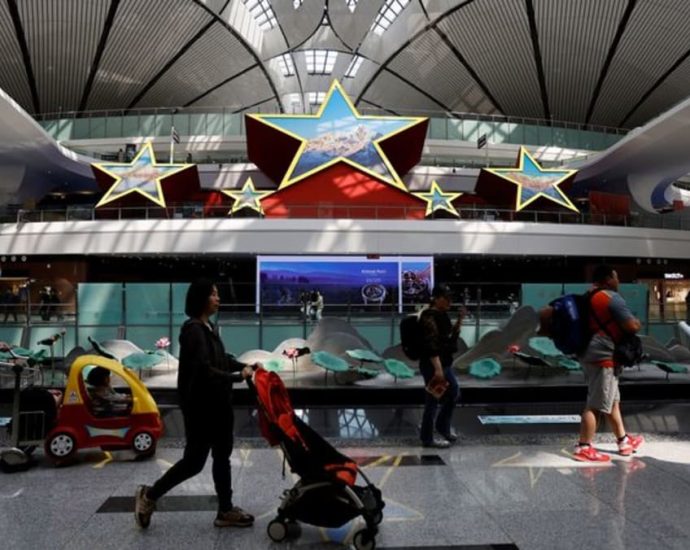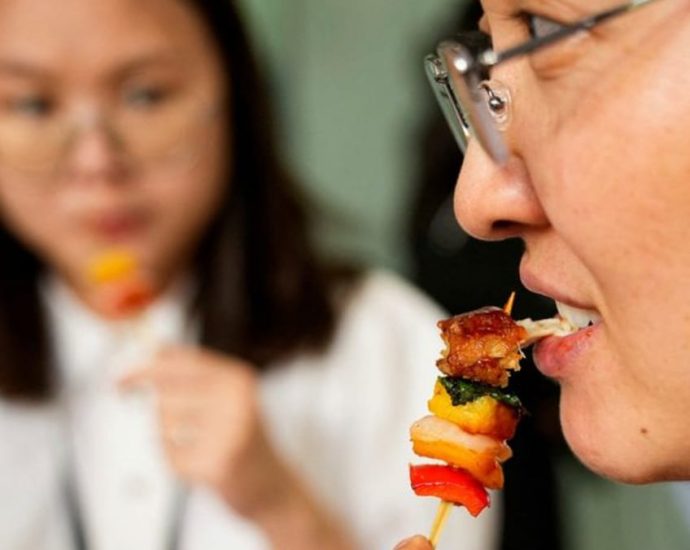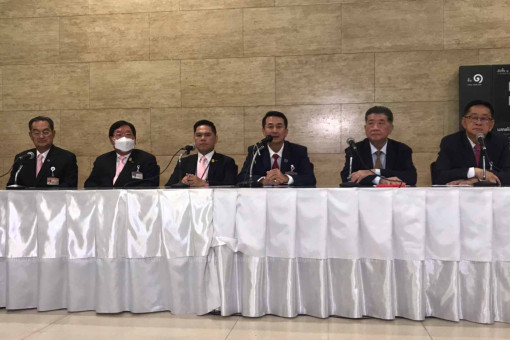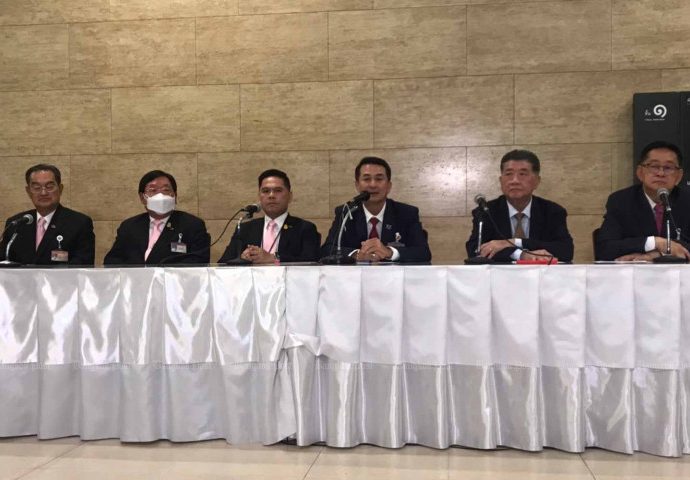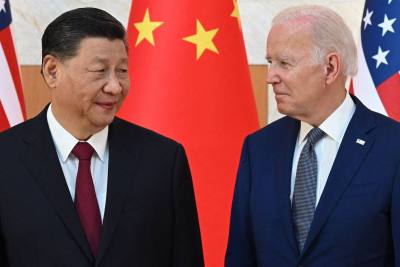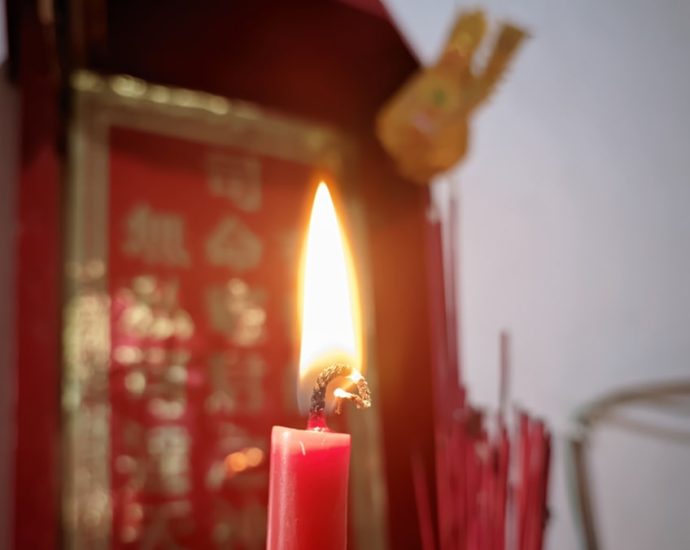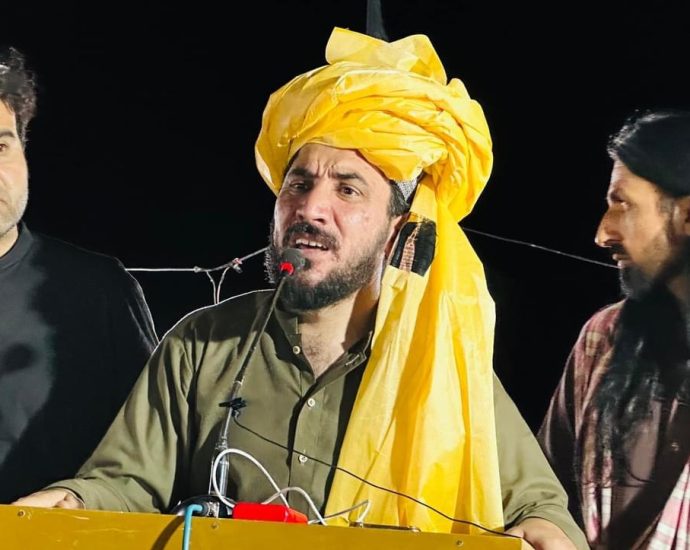Fire at SIM campus prompts evacuations, disrupts classes
The fire happened in a control room at Block B of the campus just before 9am, said Mr Gerald Lum, SIM’s director of brand, marketing and communications. “Investigations showed that it was due to a short-circuited portable air cooler,” he told CNA, adding that campus operations resumed just before 10am. Continue Reading





